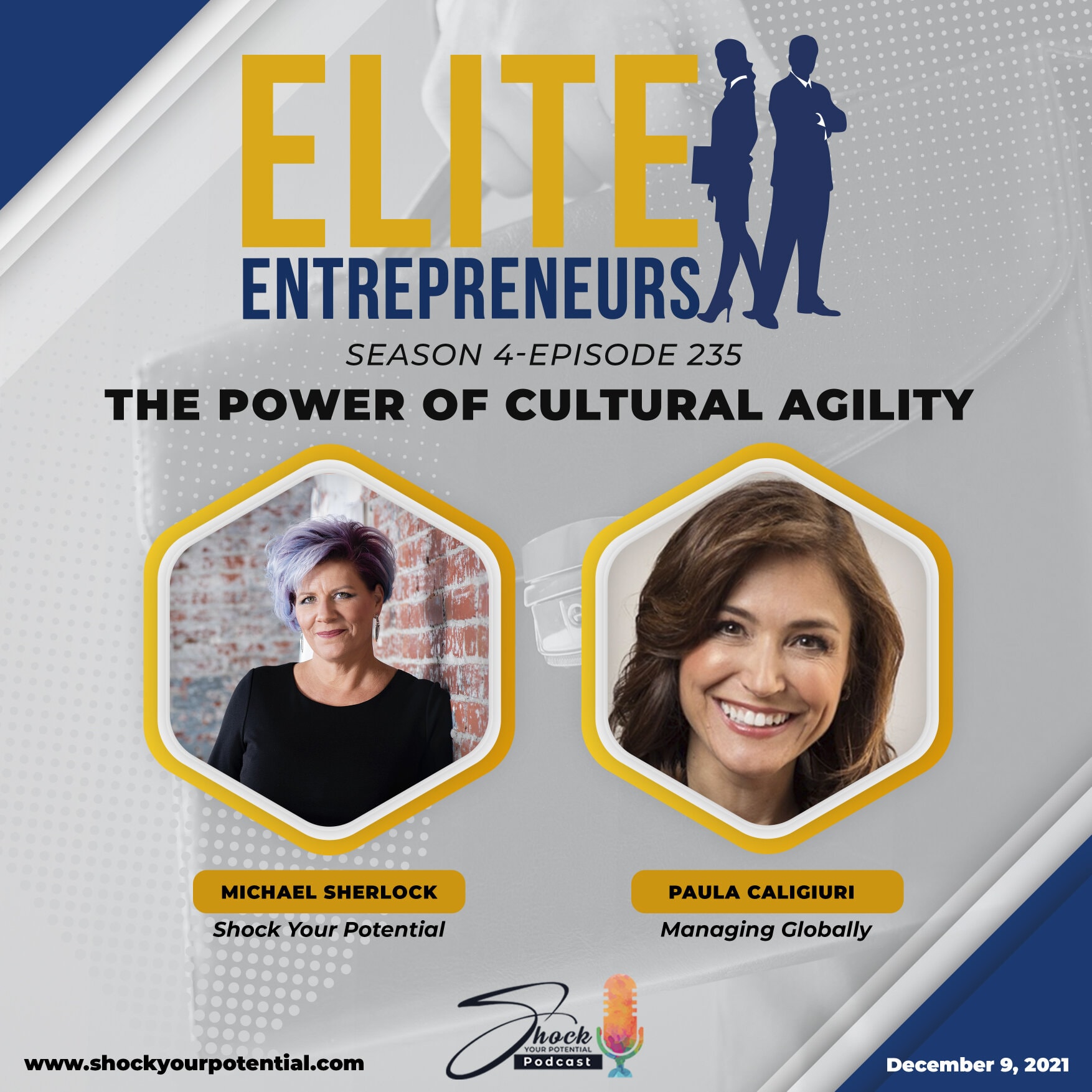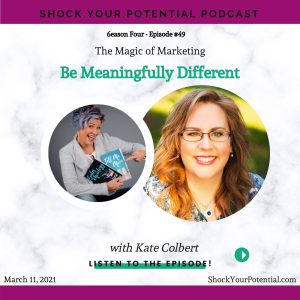“Organizations that are successful globally, sometimes have to be culturally agile enough to recognize the cultural difference.” Paula Caligiuri
With the increased globalization of markets, businesses are finding it necessary to develop the competencies that would enable them thrive in cross-cultural contexts. Our guest today, Paula Caligiuri, has specialized in the area of cultural agility and says it involves awareness and the ability to put into practice skills that enhance cultural adaptation.
Paula Caligiuri is a D’Amore-McKim School of Business Distinguished Professor of International Business and Strategy at Northeastern University. Researching and consulting in the areas of global leadership, cultural agility development, and global mobility, Paula has authored or co-authored several articles and books – including her most recent, Build Your Cultural Agility. She was named a semi-finalist for the 2021 Forbes “50 over 50” for co-founding a public benefit corporation, Skiilify, to help foster cultural understanding. Skiilify offers a free tool (www.myGiide.com) to build awareness and develop cultural agility. Paula holds a Ph.D. from Penn State University in Industrial and Organizational Psychology.
In today’s episode, Paula shades light on cultural agility and why it is important for businesses that operate in a multicultural context to adapt to being culturally sensitive.
Listen in!
Contacts
- I studied abroad in Rome, Italy, in 1987 and unfortunately for me, the market crashed while I was in Italy. [3:30]
- I ended up doing my PhD in psychology which is around what makes people effective living and working internationally, and how they change from deep developmental cross cultural experiences. [4:21]
- I’ve just been blessed with a much wider audience now to talk about how we become effective living and working in different countries. [4:47]
- When humans are under any position of stress or any sense of anxiety, we tend to cling to what is familiar. [6:42]
- There is cultural agility which comes in two ways and that is first, awareness of proper etiquette norms and values and second, the competencies needed in order to be successful. [8:07]
- I always encourage people to certainly build that awareness not only of the superficial things, but of the much deeper values, and then also concurrently build those competencies. [9:26]
- We have to remember that culture is socialized, we’re not we’re not born with culture. [10:18]
- We all know that when we go into another organization, we have to realize that that organization has its own set of norms and values and behaviors. [10:47]
- With tech, what’s happening is because we’re doing it so quickly, and with such ease, we’re forgetting that we need to attend to a lot of the cultural cues just like we would if we were in person. [12:00]
- This is kind of masking the need for cultural agility, because we’re doing it at such a fast pace. [12:43]
- I’ve watched countless meetings where individuals from different cultures misinterpret their colleague’s body language due to perceptual differences. [12:49]
- Organizations that are successful globally, sometimes have to be culturally agile enough to recognize the cultural difference. [16:00]
- Professionals know when to adapt, but they also know when to integrate to create something completely new that is unique. [16:41]
- Commercial break. [17:00]
- I wish companies would really spend more time thinking about building cultural agility as opposed to just offering this training because everyone else is doing it. [20:18]
- We build cultural agility by finding similarities with people who we don’t know because we bond with people around similarities, and the only way we go there is through authentic conversations. [21:13]
- The last thing companies should be doing is setting up anything structurally that keeps people from having natural conversations. [21:30]
- My initial research was on what made people successful internationally and the product turned into consulting which later turned into keynoting. [22:23]
- We recently formed a company called Skiilify where we provide a tool which people can use to assess your own values and competencies and learn how to build them. [22:52]
- Humans form trust in different ways depending on how they’ve been socialized, but underlying it all is seeing someone as authentic, real and similar. [26:09]
- Having those conversations that enable us to get to similarities is the easiest way to build trust and skill that will never be run. 26:20]
…………………………………………………
Thank you to our December sponsor! KukuaBiz can provide dedicated and affordable talent from Kenya to help you grow and scale your business. Virtual employees are skilled in administrative functions, sales, podcast management, video editing, marketing, social media marketing, website design and management, and more.
Learn more: https://www.kukuabiz.com




